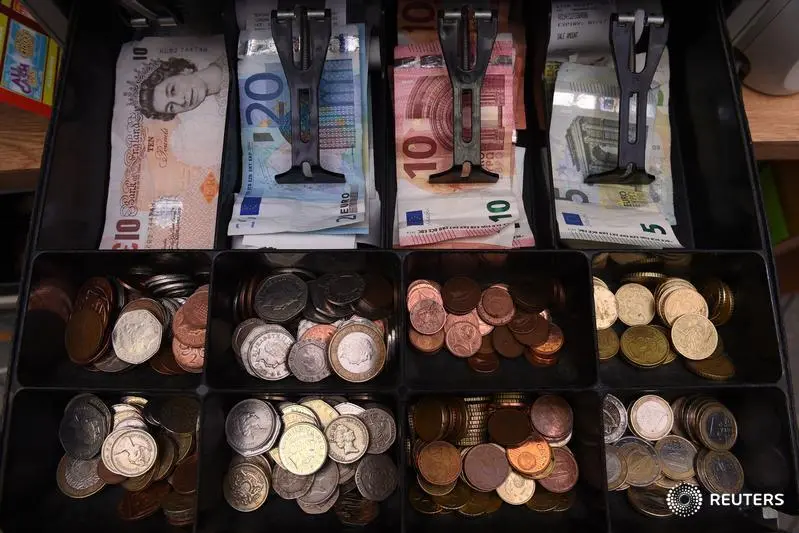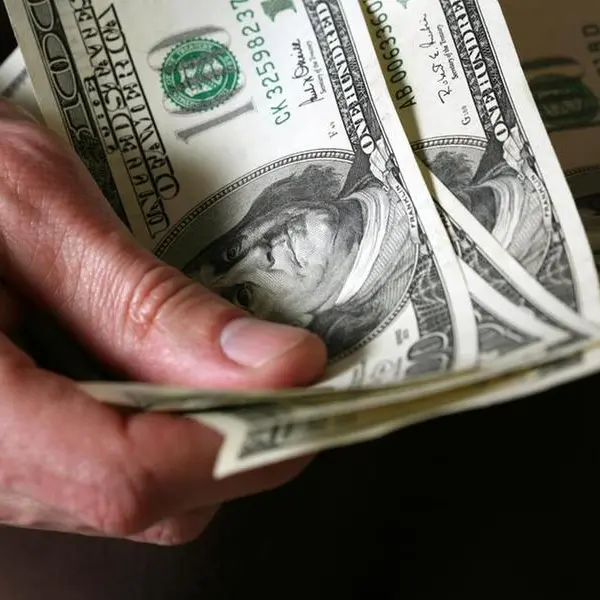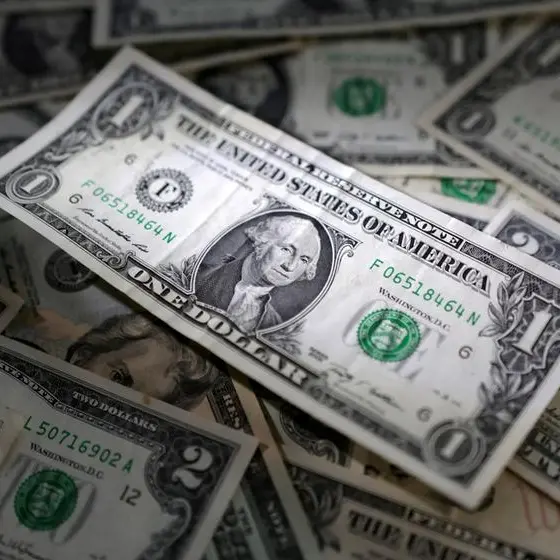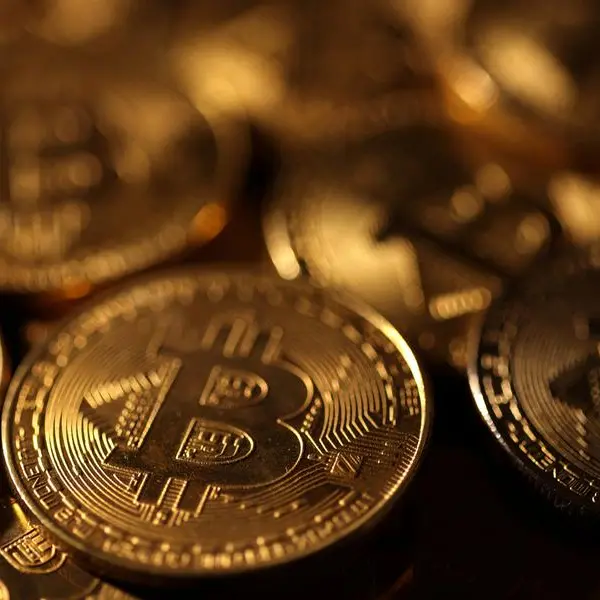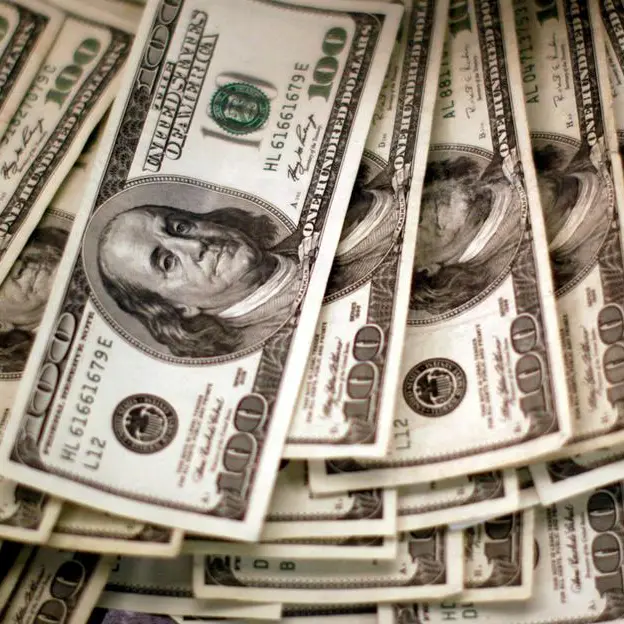PHOTO
Sterling dropped versus the dollar and rose against the euro on Monday, with political troubles in France and the so-called Trump trade back in focus.
The euro fell on Monday on growing concerns about a possible government collapse in France, which would stall plans to curb a burgeoning budget deficit.
Meanwhile, the greenback rose as President-elect Donald Trump marked a shift from his prior advocacy of a weaker dollar by demanding that BRICS member countries not create or support another currency that could replace the dollar.
"High rates and relatively low exposure to the risk of Trump tariffs mean that the pound's path of least resistance is probably up from here," said Enrique Diaz-Alvarez, chief financial risk officer at Ebury.
Sterling was down 0.22% to $1.2708 after increasing 1.64% last week in its biggest weekly rise since mid-August.
Ebury's Diaz-Alvarez flagged that last week's rebound restored sterling to the top of the 2024 rankings, reclaiming the title from the dollar, although just barely.
On Friday, the Bank of England warned that higher trade barriers could hit global growth and feed uncertainty about inflation, potentially causing volatility in financial markets and pushing up borrowing costs for businesses and consumers.
However, money markets kept pricing just 75 bps of BoE rate cuts by the end of 2025, while discounting an ECB depo rate below 1.7% from the current 3.25%
The pound rose 0.35% versus the euro to 82.75 pence not far from its 2-1/2-year high.
It hit 82.58 pence per euro around mid-November, its highest level since April 2022.
Markets also await the Bank of England Decision Maker Panel on Dec. 5, which could provide some clues about the inflation outlook and the Bank of England monetary easing path.
Citi forecast some modest upside risks to price expectations and wage growth to be steady at 4.1% before moderating further in the months ahead.
"We see the risks as broadly balanced here (in terms of wage growth)," Citi said in a research note.
"The crystallization of a higher national living wage could put some upside pressure here."
(Reporting by Stefano Rebaudo Editing by Gareth Jones)
